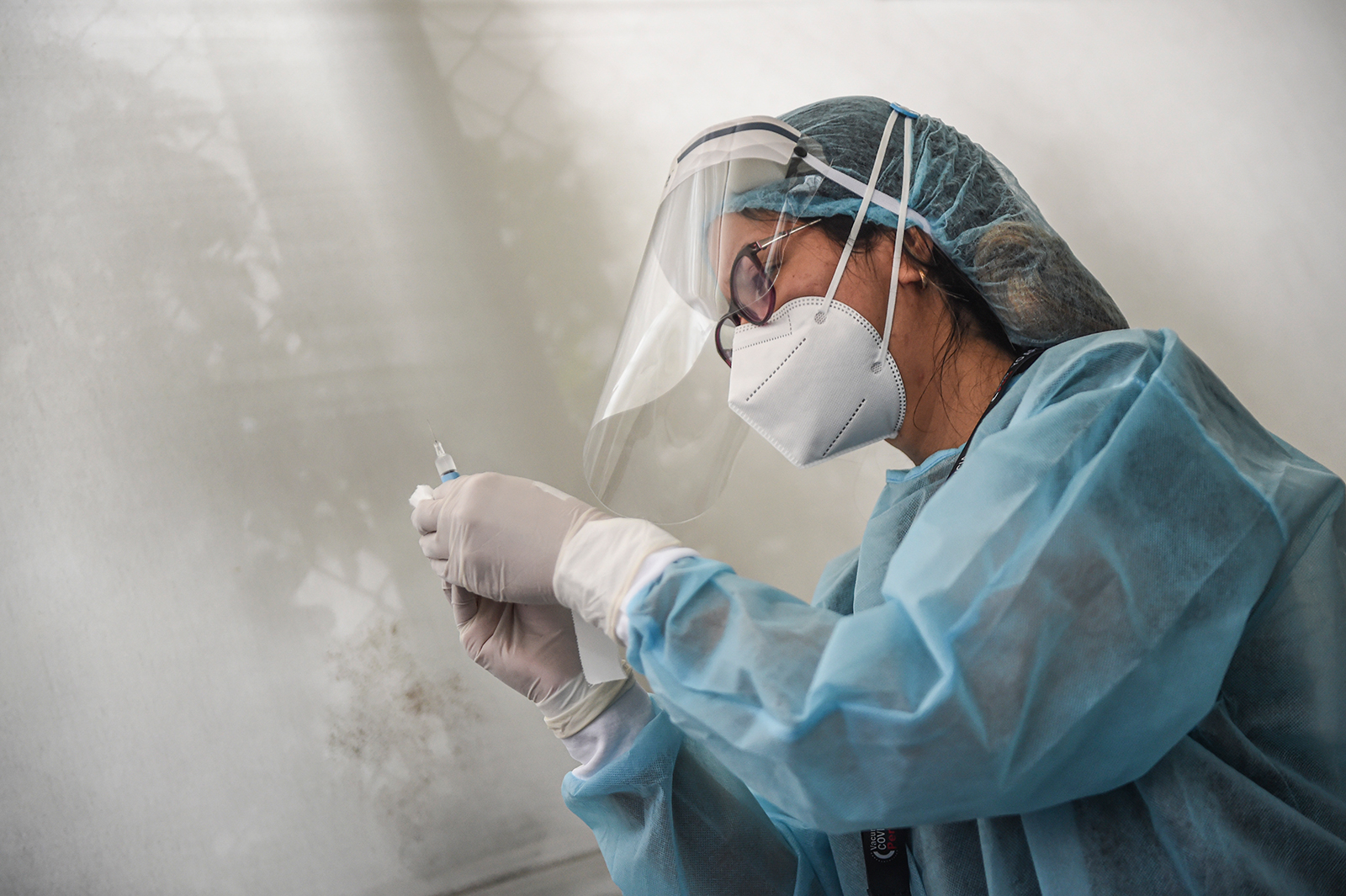The UK Covid-19 Inquiry’s first report, chaired by Heather Hallett, has unveiled significant flaws in the UK’s pandemic preparedness, attributing mass deaths and economic hardship during Covid-19 to failures by the government, civil servants, and scientists.
The 217-page report highlights that the UK’s planning was oriented towards influenza rather than considering a broader range of pathogens, such as coronaviruses, which contributed to a lack of effective response strategies.
The inquiry criticized the UK’s pandemic response for focusing on managing casualties rather than preventing the spread of the disease. This approach led to inadequate testing and contact tracing systems and resulted in the implementation of ineffective lockdown measures. By the end of 2023, over 235,000 deaths involving Covid-19 had been recorded, reflecting the severe impact of these planning deficiencies.

UK Covid-19 Inquiry Report Reveals Major Flaws in Pandemic Preparedness and Response
Baroness Hallett’s foreword warned that another pandemic is inevitable, potentially even more severe than Covid-19. She emphasized the need for radical reform to prevent future tragedies, stressing that the state and emergency systems exhibited serious errors that must be corrected to avoid repeating such failures.
The report outlined several key issues, including the failure to learn from the 2016 Exercise Cygnus, which had flagged the UK’s inadequate capacity to handle a severe pandemic. The government was found to have ignored these warnings and was ill-prepared for mass testing and contact tracing. Additionally, the inquiry noted that “groupthink” among scientific advisors and a lack of challenge from ministers may have hindered effective decision-making.
The inquiry also pointed out the impact of austerity measures on the healthcare system, which faced significant constraints during the pandemic. Professor Philip Banfield of the British Medical Association criticized these measures for causing damage rather than achieving efficiency savings, leading to what he described as catastrophic failings that contributed to the high death toll.
In response to the report, Baroness Hallett recommended a new pandemic strategy be developed and tested every three years, alongside regular accountability for preparedness and resilience systems. While the inquiry’s findings have been acknowledged, there is a call for further action to address public service inequalities and capacity issues.
Sir Keir Starmer, the leader of the opposition, affirmed his commitment to ensuring the UK is better prepared for future risks, underscoring the government’s responsibility to act on the inquiry’s recommendations.
